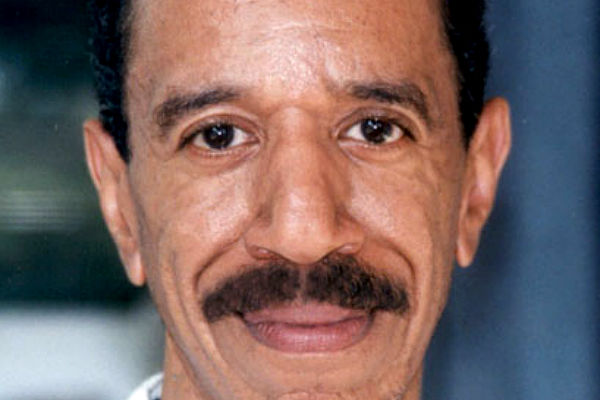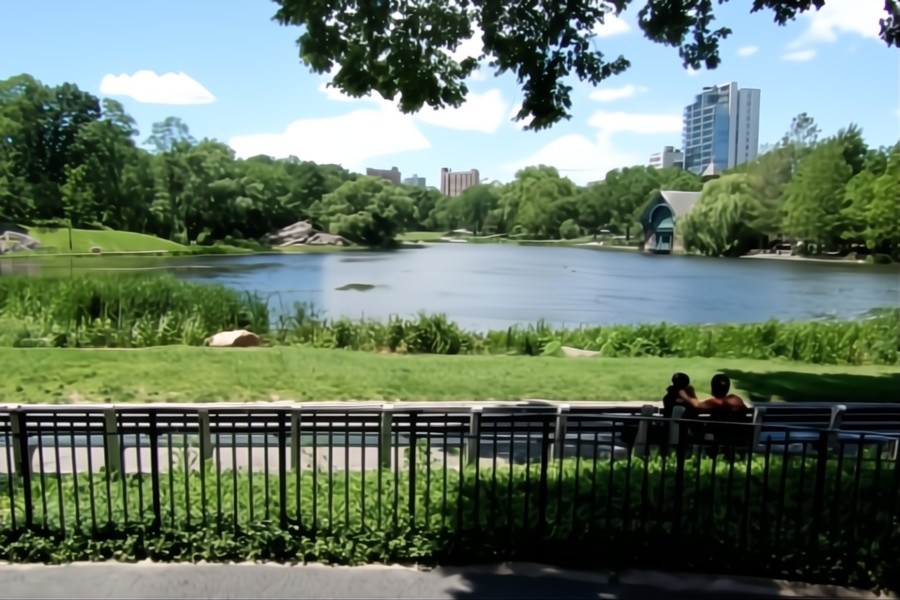
The Caribbean Cultural Center African Diaspora Institute (CCCADI) is pleased to present Zumbi a multi-part series celebrating Bahia and Brazil’s Black Consciousness Movement through films, discussions, and musical performance.
The series will run from March 2020 through March 2021 at 7:00 pm and includes award-winning documentary films on African-based spiritual traditions, healing, feminine power, violence against women, and music and dance in Bahia.
Films are in Portuguese with English subtitles. All discussions are in English. Zumbi is curated by Ken Dossar and presented in collaboration with Mandinga LLC.
Zumbi is the name of an Afro-Brazilian cultural hero who led Palmares, a large settlement of escaped enslaved Africans, and disenfranchised native people and poor whites in Brazil’s northeast. Palmares resisted Portuguese incursions for nearly a century. The program is a celebration of Brazil’s As Vidas Negras Importam (Black Lives Matters) activities.
It is intended to both illustrate the current situation of Afro-Brazilians and people of color who make up more than 50% of Brazil’s population, while demonstrating intercultural and educational connections between communities of color in Brazil and cultural workers and educators in the United States.
Dr. Ken Dossar is a cultural historian well-known for working for social change and community enrichment through writing, lecturing, producing, and teaching courses on Brazil and Afro-Atlantic culture.
During his lengthy tenure as a cultural leader in Philadelphia and Bahia, he has collaborated with leading international and national cultural organizations such as the Center for African and Asian Studies in Bahia, Dance Brazil, the Caribbean Culture Center African Diaspora Institute in New York City, the Annenberg Center for the Performing Arts in Philadelphia, and National Public Radio in producing public events highlighting Afro-Brazilian aesthetics, cultural arts, history, and contemporary issues.
Professor Dossar created and directed the Temple University Education Abroad Program in Salvador. During the study away program, students from Temple and other universities researched Afro-Brazilian cultural history and music with him.
With his many year’s experience in Brazil, Professor Dossar creates and coordinates uniquely rich cultural exchanges, projects, and experiences providing in-depth and intimate contact with the full spectrum of Afro-Brazilian history, culture, and traditions.
Zumbi of Palmares Afro-Bahia Cultural Series presented in collaboration with Mandinga LLC is supported by The New York City Department of Cultural Affairs and the National Endowment for the Arts.
Schedule Of Programs
Friday, November 20 | BLACK AWARENESS DAY IN BRAZIL
CCCADI will be showing the documentary, Alápini, with a discussion with Dr. Ken Dossar. Alápini describes the life of a priest, writer, healer, educator, artist Deoscoredes Maxililiano dos Santos – Mestre Didi – through the memories of his family, and members of the terreiro (spiritual community) he created – Ile Asipá Terreiro. (In Portuguese with English subtitles).
Wednesday, December 2 | SAMBA DAY
Samba is part philosophy, part dance, and the lifeblood of Brazilians worldwide. On December 2, there will be a live virtual performance of BANDA DNA from Bahia.
Monday, December 14 | AFRO-ATLANTIC MEMORIES
CCCADI will be showing Afro-Atlantic Memories. This documentary tells the story of how and why Lorenzo Turner – a Professor at Fisk University came to Bahia in 1940. Professor Lorenzo Turner is best remembered as the father of Gulla studies.
He researched creole language in Sierra Leone and Portuguese in Brazil. His research showed the continuity of language and culture across the diaspora. The film’s objective is to give back to the Afro-Brazilian religious communities that welcomed Turner to record their history through photographs and to record their sacred songs.
Thursday, January 7 | CLYDE ALAFIJU MORGAN: IN BAHIA BETWEEN AMERICA AND AFRICA
CCCADI will be showing a documentary celebrating the work and life of Clyde Morgan – teacher, researcher, dancer and choreographer, who for 10 years taught and was Artistic Director and Choreographer of the Contemporary Dance Group, the Dance School of the Federal University of Bahia.
Located in East Harlem, the Caribbean Cultural Center African Diaspora Institute (CCCADI) is a nonprofit arts, culture, education and media organization that advances cultural equity, racial and social justice for African Diaspora communities.
Each of CCCADI’s programs asserts the centrality and relevance of African, African American, Afro-Caribbean, and Afro-Latino culture. Weaving together four broad categories: Learning, Expressions, Spirituality and Exchange, CCCADI carries out its mission through advocacy, public art exhibitions, public performances, educational programs, internships, fellowships, workshops, conferences, international exchange, and collaborative partnerships.
This past Juneteenth, 2020, CCCADI launched the #ArtsGoBlack campaign to challenge the arts and culture field to actively address racial inequality. For more information, please visit: https://artsgo.black/
For additional information and to access virtual exhibitions and programs please visit: https://www.cccadi.org/
Facebook.com/CCCADI / Twitter.com/CCCADI / Instagram.com/cccadi
For more info: https://cccadi.org/zumbi HOW TO WATCH: Visit cccadi.org to view our LIVE virtual programs and engage with comments and questions through our social media platforms like Facebook Live & Youtube Live! Tune in to our Youtube Channel and Facebook Live.
CCCADI’s digital programs will be featured on our different social media platforms. Visit www.cccadi.org and make sure to subscribe to our YouTube Channel and follow us on FB and IG for regular updates!
Become a Harlem Insider!
By submitting this form, you are consenting to receive marketing emails from: Harlem World Magazine, 2521 1/2 west 42nd street, Los Angeles, CA, 90008, https://www.harlemworldmagazine.com. You can revoke your consent to receive emails at any time by using the SafeUnsubscribe® link, found at the bottom of every email. Emails are serviced by Constant Contact








